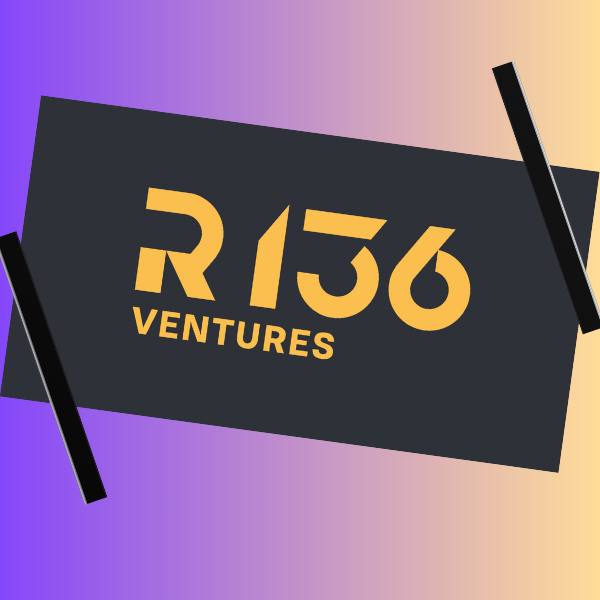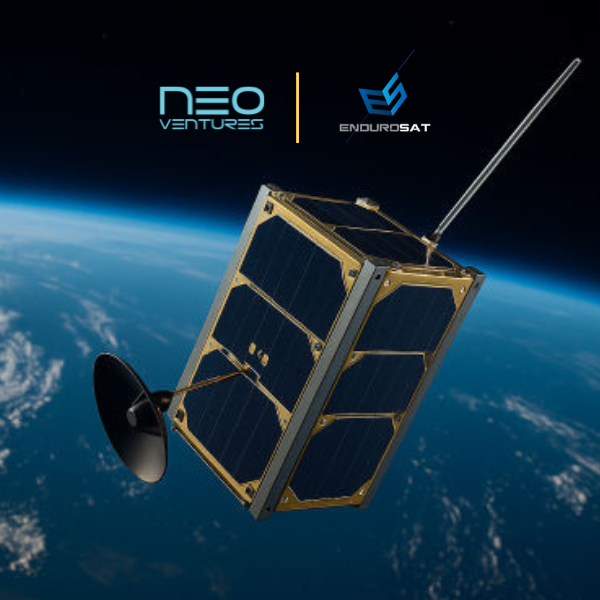R136 Ventures Closes Third Fund at $400M+ to Back Growth-Stage B2B Software and Fintech
In a market where venture capital has spent the past two years recalibrating after the 2021 exuberance, R136 Ventures is making a clear statement: growth-stage investing in the US-Israel corridor is alive and well.
The San Francisco-based firm announced the final closing of its third fund on November 19, bringing its assets under management to over $400 million. The fund attracted commitments from more than 50 global investors, including a leading financial institution from the UAE and founders from its own portfolio network.
For managing partner Victor Orlovski, who built his career as CTO of one of Europe's largest digital banks before founding R136 in 2015, the timing reflects a strategic opportunity. "AI is quite rapidly reshaping B2B software and financial services," Orlovski said in the announcement. "We see a rare window for investors who understand both the technology and the markets."

Why the US-Israel Focus Makes Sense
The firm's dual focus on the United States and Israel is strategic. Israel's venture capital ecosystem remains one of the most concentrated globally, with roughly $7.2 billion invested across 600+ deals in 2024 despite ongoing geopolitical challenges. The country continues to produce category-defining companies in cybersecurity, enterprise software, and AI.
The US-Israel tech corridor has become increasingly interconnected over the past decade. Israeli startups routinely establish US operations early in their lifecycle, with American investors participating in over 75% of late-stage rounds. Meanwhile, major acquirers like Intel, NVIDIA, and Dynatrace have built their AI and infrastructure capabilities partly through strategic acquisitions of Israeli companies, exactly the kind of exits R136 has delivered.
Track Record: Betting Early on Eventual Winners
R136's portfolio includes some notable names: Uber, eToro (which went public on NASDAQ), Airwallex, and Blockchain.com. Recent exits demonstrate the firm's thesis in action, Deci AI was acquired by NVIDIA, Granulate by Intel, and Rookout by Dynatrace. Each represents strategic acquisitions by tech giants building out their AI and developer infrastructure capabilities.
The firm's approach differs from typical growth-stage investors. With a team of ten investment professionals, R136 conducts deep technical due diligence, evaluating over 250 data points before making investment decisions. Orlovski, who pioneered mobile banking in 2003 and built digital products used by 45 million daily active users, brings an operator's perspective to the table.
"We assess the potential of a startup using a comprehensive due diligence checklist," Orlovski explained in a recent interview. "Our firm conducts a deep dive into the product and technology of each startup, more thoroughly than many other venture capital firms."
The AI Investment Landscape in 2025
The third fund's focus on AI-driven transformation in B2B software and fintech aligns with broader market trends. Global VC funding for AI startups reached $131.5 billion in 2024, representing one-third of all venture capital investment and a 52% jump from the previous year. By Q4 2024, more than half of all global VC funding went to AI-focused companies.
But R136's strategy appears more nuanced than simply following the AI hype cycle. While foundation models and large language models continue to attract massive rounds, the firm seems positioned to invest in the "second wave", companies building AI applications and infrastructure tools that solve specific enterprise problems.
"We evaluate how startups are engaging with generative AI technologies and their potential to innovate and adapt to the evolving AI-driven economy," Orlovski noted, highlighting the firm's focus on companies that can actually operationalize AI rather than just talk about it.
Growth Stage: The Middle Child of VC
The timing of R136's fund closing is notable. After venture capital fundraising hit its lowest point since 2019 in 2024, with firms raising just $76.1 billion across 508 new funds, there's cautious optimism for 2025. Deal activity picked up in late 2024, though the market remains bifurcated between AI-focused companies attracting massive rounds and everyone else fighting for attention.
Growth-stage investing, where R136 operates, requires a different playbook than early-stage. These companies have proven product-market fit but need capital and operational expertise to scale. The challenge in recent years has been that many growth-stage companies raised at inflated 2021 valuations and now face difficult conversations about flat or down rounds.
R136's hands-on approach, helping portfolio companies build technical teams, develop go-to-market strategies, and access enterprise customers, becomes particularly valuable in this environment. The firm's network includes connections to corporate partners and investors in the Middle East, opening doors that matter for companies trying to expand globally.
What's Next

With $307.8 billion in "dry powder" sitting in US venture capital funds waiting to be deployed, the question isn't whether capital is available, it's where it will go. R136's bet is that growth-stage B2B software and fintech companies solving real enterprise problems, particularly those leveraging AI effectively, will capture a significant share.
The firm's focus on sectors where AI is "changing how businesses operate and innovate" suggests they're looking for companies building workflow automation, data orchestration, and vertical-specific AI applications, areas that enterprise buyers are actually willing to pay for, not just experiment with.
For founders in the US-Israel corridor building in these categories, R136's fresh capital represents not just funding but access to a team that's seen multiple technology cycles and knows how to navigate the path from growth stage to exit.
In a market where selectivity has become the norm and "flight to quality" dominates investor behavior, firms with proven track records and differentiated value-add are in position to win deals. R136's third fund closing suggests at least some LPs believe the US-Israel corridor, despite its challenges, remains fertile ground for growth-stage returns.








